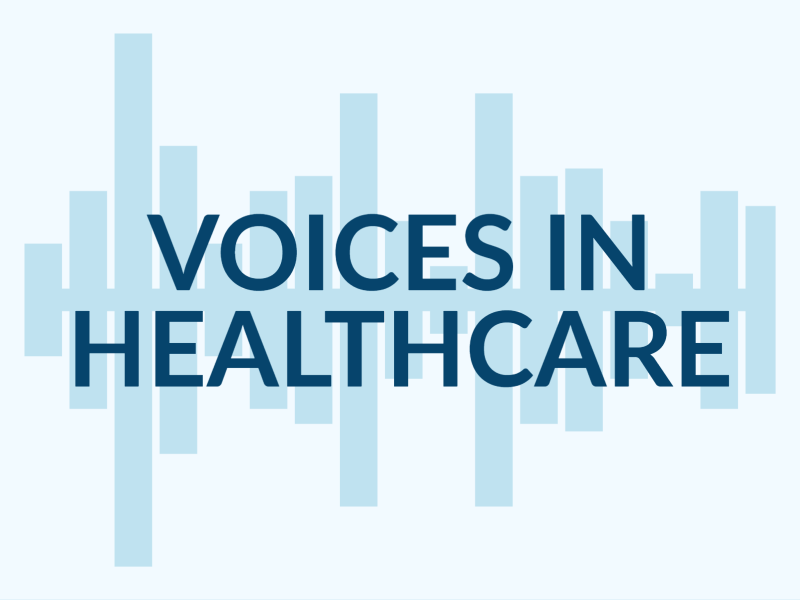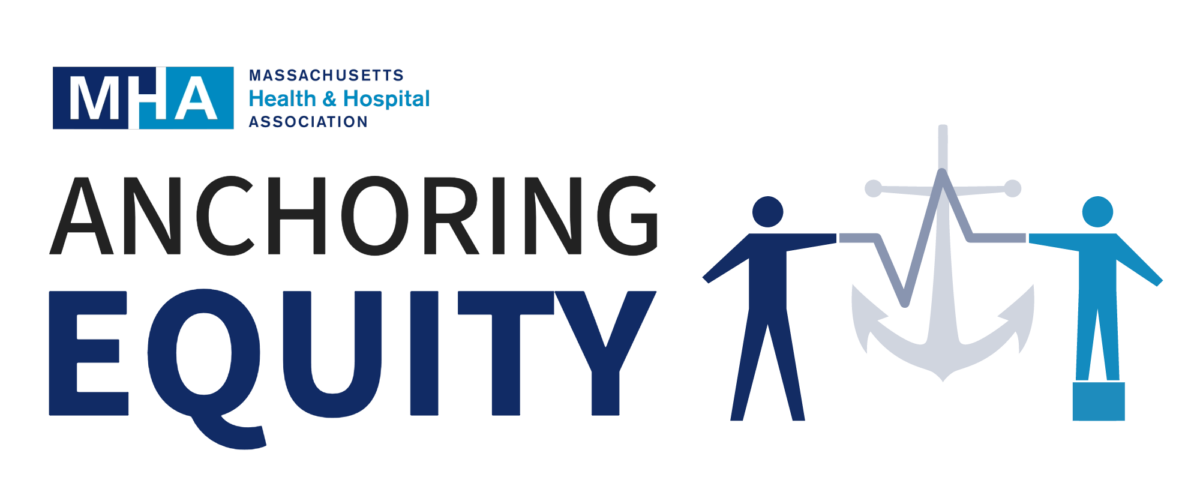ANCHORING EQUITY: Q+A with Michael James of Cambridge Health Alliance


MHA’s Anchoring Equity blog series profiles the work of our members as they work to advance health equity, diversity, and inclusion in their organizations and in their communities.

Michael James
Chief Diversity, Equity, and Inclusion Officer,
Cambridge Health Alliance
Of the diversity, health equity, and inclusion initiatives you have led, which ones are you proudest of and why?
As Cambridge Health Alliance’s (CHA’s) inaugural Chief Diversity, Equity, and Inclusion Officer, I am most proud of the work that we are doing to implement our DEI Strategic Action Plan. The plan encompasses building robust talent pathways to increase diverse hires at all levels; increasing cultural proficiency to prevent incidents of bias; and aligning with our 10-point Health Equity Plan.
As part of this strategic plan, to address the problem of racism in healthcare, we prioritized becoming an anti-racist organization. To do this, we started with the creation and implementation of our anti-racism statement, which all our employees are educated about and attest to as a collective commitment to dismantle racism. We launched an Anti-Racism Lunch & Learn Series, addressing the various types of racism using a Brave Space approach. During our 28-Day Anti-Racism Challenge, participants were provided with an opportunity to learn how to actively develop their own anti-racist practices. And we continue to actively develop training programs and resources to help individuals embrace and cultivate a more equitable culture that enables us to grow through our daily interactions and self-reflections.
We are also pleased and proud that the investments we’ve made in expanding provider recruitment practices to be more inclusive have resulted in an increase in the diversity of our leadership, in particular within the chief ranks of our clinical departments.
What is Cambridge Health Alliance doing to “Anchor Equity”?
As a safety-net organization, we treat patients who often live below the federal poverty level, identify as a racial/ethnic minority (56%), and speak a primary language other than English (42%). CHA has the highest concentration of patients with public health insurance of any acute hospital in the state (57%) and a significant number (8%) have no insurance. Most also face additional challenges like housing and food insecurity.
CHA is operating in a challenging environment of rapid social, economic, and healthcare changes. Because the broader environment has changed dramatically, we need to adapt to continue our mission, vision, and strategy around building a sense of belonging while empowering change on our front lines. It is imperative that we acknowledge that those changes require us to be nimble and make the appropriate pivots in our DEI strategy to make CHA a better place to work and care for our patients. Our commitment to DEI is critical to our successful path forward and includes the following select accomplishments:
- CHA’s CEO helped to found Massachusetts’ State Health Equity Task Force
- Created an organizational anti-racism statement (Fall 2023)
- Planned and presented trainings on DEI topics such as anti-racism, disrupting bias, and disability accessibility (2023 – 2024)
- Designated as a LEADER in LGBTQ Healthcare Equality by the Healthcare Equality Index (2022 and 2024)
- Named One of America’s Greatest Workplaces for Diversity for 2024 by Newsweek
- Evaluating the high-reliability curriculum with a DEI lens to ensure that it aligned with our DEI vision (2023)
While we are very proud of all we’ve accomplished in a relatively short period of time, we recognize there is much more to do. We seek to successfully allocate our resources, time, and effort to the initiatives that will yield the greatest improvements for our workforce, patients, and community.
What is a message you would send to future diversity, health equity, and inclusion leaders? What are some tools and resources a diversity, health equity, and inclusion leader would need?
My message to future diversity, equity, and inclusion leaders is that this work is hard yet rewarding. It is vital that you do your research and build a network of reliable supporters and champions if you plan to make this your career.
In an ideal state, being honest and authentic often encourages others to be more empathetic and trusting. These are not ideal times. People have beliefs that they have held onto for a long time. You have to pace yourself and take the necessary time to gain an understanding of their primary drivers so that you can meet them where they are. The moral argument of DEI being the right thing to do does not influence everyone the same way. It is imperative that DEI leaders adjust their change-management approach to include a balance of data in order to appeal to the diversity of perspectives within organizations.
As a DEI leader you have to consistently model emotional maturity despite the inherent barriers to change within most organizational systems. A great mentor once told me the most important point of all regarding advocating for change with confidence. I impart this same message to all leaders who would endeavor to commit to this important work. She said, “You must always remember that you are vital to the success of the organization and that you are more than enough!”


 Massachusetts Health & Hospital Association
Massachusetts Health & Hospital Association